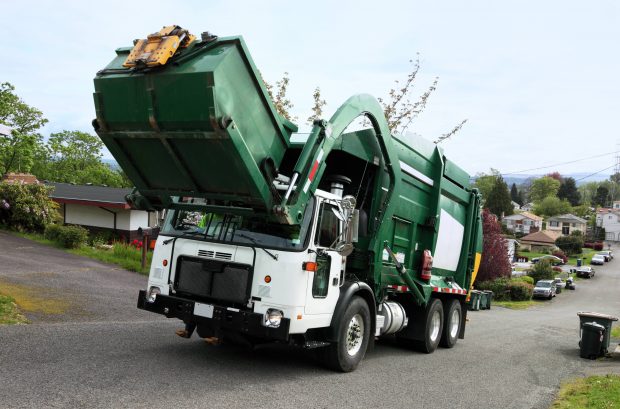The City of Vancouver no longer controls recycling collection, instead passing the role on to non-profit Multi-Material BC.

As of Oct. 3, Vancouver residents may notice a slight change in their back lane as a different truck comes to pick up their recycling. Residents shouldn’t expect any interruptions to collection service because of the transition.
Officials say city workers, who are affected by the change in management, have been reallocated to jobs in other departments.
Research conducted by Multi-Material BC shows people in Vancouver are often confused about what they actually can and can’t be recycled.
Here is a breakdown of what you can recycle, so you aren’t left scratching your head at the recycling bin:
Metals
Aluminum cans are 100 per cent recyclable. An old aluminum can, properly recycled, is often turned into a new can on the shelf in as little as 60 days.
Cans have been getting all the attention for years and people rarely think to recycle aluminum foil. Aluminum foil is easy to wipe clean of food particles once we’re done with it. We’ve been saving aluminum foil since the Second World War. Aluminum’s recycling potential is almost infinite – the process only involves remelting the metal.
When it comes to steel cans, many people call them tin cans, but most canned goods containers are made of steel. A very thin layer of tin is sometimes built into the steel to preserve the food’s flavour. Most steel cans are made of recycled scrap metal. A neat way of telling a steal can from an aluminum one is to hold a magnet up to it. If the magnet sticks, you have steel.
Paper
Corrugated cardboard, office paper, magazines can all be recycled. A common misconception is that glossy paper can’t be recycled, but it can and should be recycled.
Phone books are totally recyclable and are often used to make brand new phone books. Same goes for newspapers.
Glass
Clear and coloured non-deposit glass bottles and jars can be recycled in your designated glass bin. Lids can be put in your blue bin. Deposit containers should be excluded from the glass bin and returned for a refund. Clear or “flint” glass is normally used for food products that are overly sensitive to light, like peanut butter or pasta sauce. Make sure to clean off any food particles before recycling it. Brown glass is made by adding nickel, sulfur and carbon to molten glass. Green glass is made by adding iron or copper to the mix.
Heat-resistant glass such as Pyrex cannot be recycled, neither can drinking glasses, dishes, mirrors, crystals or windows.
Plastics
The best way of telling if a plastic is recyclable is to look at its shape: jars, tubs, bottles and jugs are all acceptable. But you have to make sure they are completely clean of all food particles.
Jars and tubs include margarine, yogurt, ice cream, cottage cheese and sour cream containers.
Lids can be on or off, there is no requirement to leave the cap on.



Comments